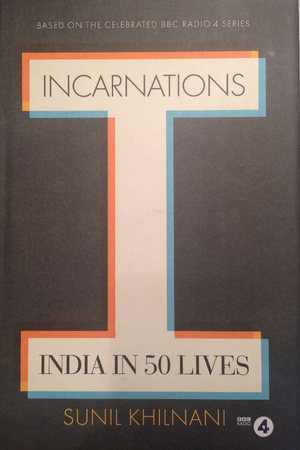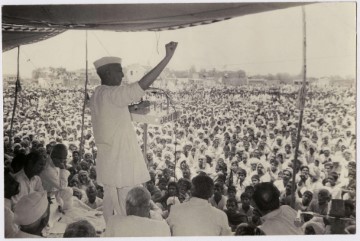Charan Singh: A Common Cause
Incarnations: India in 50 Lives
Professor Sunil Khilnani explores the life and legacy of Charan Singh, the lawyer turned politician who championed the cause of India's farmers. Singh is remembered today as the politician who took on Indira Gandhi in the Congress Party's heartland state. Uttar Pradesh. He redistributed power and altered the social structure of Northwest India, non-violently. And he helped the world see the potential of the Indian farmer a bit more clearly. He succeeded in becoming India's first peasant prime minister but went from the highest office in a flash, replaced by his nemesis Indira Gandhi. Although today he is most often remembered for being a leader of his own caste, Professor Khilnani argues that Charan Singh has a unique status in Indian history.



